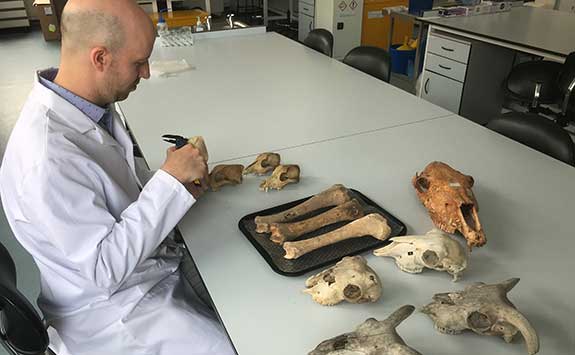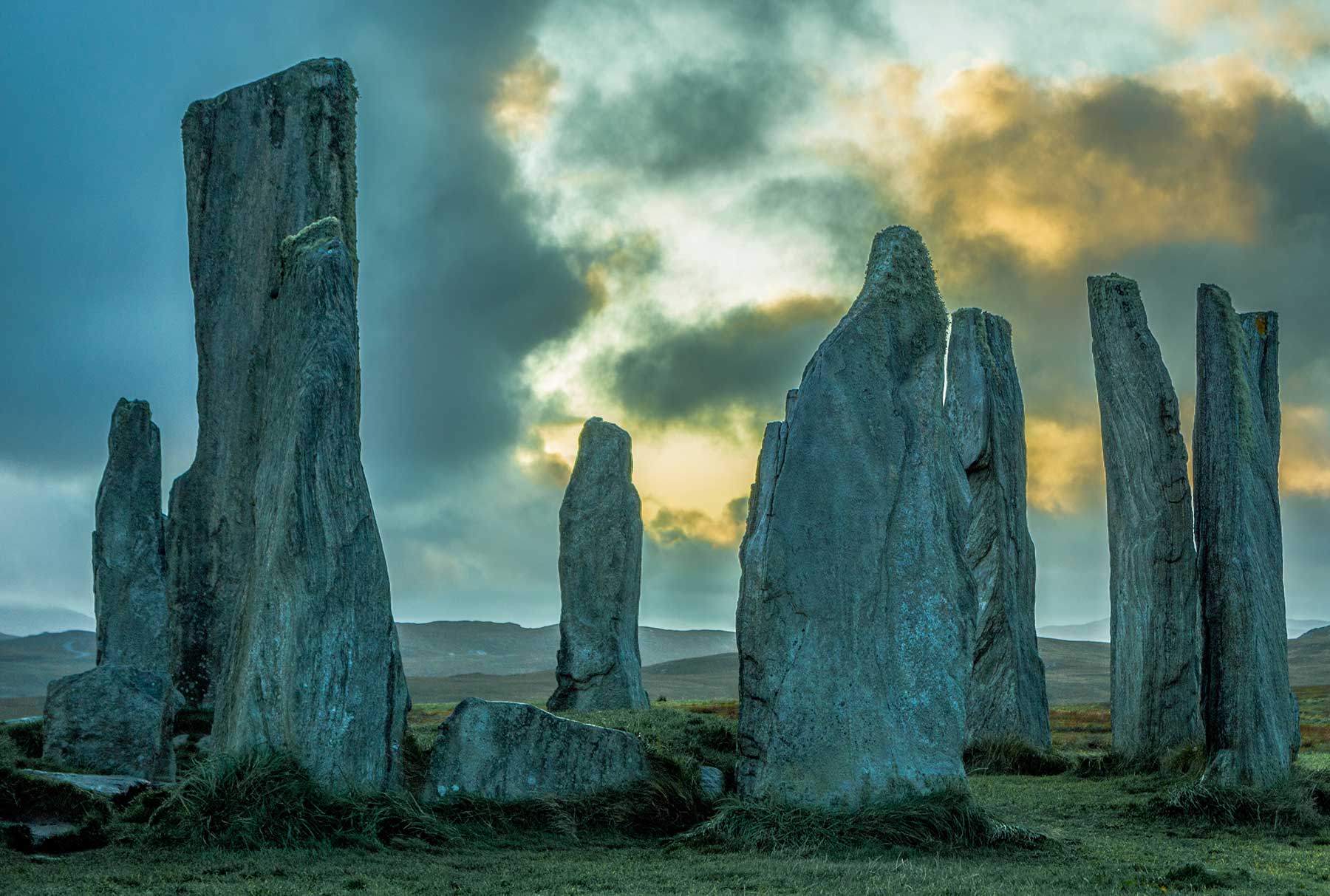Archaeology Research
Our archaeologists work with local and international partners, pushing the boundaries of knowledge of our shared past.
Our rapidly growing, diverse and supportive community of outstanding researchers develop cutting-edge theory, methods and technologies in key thematic areas. We have a strong record of training the next generation of researchers and for fostering collaborations with local, international and interdisciplinary partners.
In the 2021 Research Excellence Framework, 34% of the research submitted was given the highest ranking of 4* and deemed as world leading research. The results also show that there has been an 151% increase in research power since 2014.
Research areas
Our research spans all time periods from the late Palaeolithic to present day with a geographical focus on Europe, the Middle East and North America.
Within these themes, we specialise in prehistory, Greek and Roman archaeology and the archaeology of the Byzantine, Medieval and historic periods.
Collaborative and interdisciplinary
Our research fits within two major research themes of Landscape and Material Culture.
Scholars from around the University work with us in each theme. This encourages collaborative and interdisciplinary research.

Facilities
Our new Material Culture Analytical Suite facilitates the analysis, recording and conservation of material culture and heritage collections, including a range of specialist microscopes, a spectroscopy suite, 2D and 3D scanning equipment and computed tomography (CT) facilities.
Prehistory
- the later Upper Palaeolithic and Mesolithic of north-west Europe
- lithic studies (particularly materials, refitting, techniques)
- settlement and environmental change in prehistoric Europe
- human-animal relations
- Mesolithic Europe
- the Mesolithic/Neolithic transition in north-west Europe
- personhood, the body and identity in archaeology and anthropology
- mortuary practices and burial grounds
- the Neolithic and Early Bronze Age of Britain and north-west Europe
- the Copper and Bronze Age in Italy and the Mediterranean
- the Iron Age/Roman transition
- prehistoric art
- prehistoric cosmologies
- prehistoric metallurgy and metal use-wear analysis
- prehistoric warfare and violence
- the peopling of the Americas
Classical archaeology
Roman Archaeology
- Roman Britain
- Roman Armies and Frontiers
- Roman Europe and the Mediterranean
- Roman urbanism, the built heritage of the city of Rome
- the collapse of the Roman Empire
- Roman and post-roman ceramics and trade networks
- travel and transportation in Roman Britain
- late Roman/Early Medieval Artefact studies
Greek Archaeology
- religion in Late Bronze Age to Hellenistic Greece
- ancient Greek ceramics
- ancient Greek and Etruscan Art
- sex, gender, and identity in Ancient Greece
Medieval and post-Medieval archaeology
- Byzantine ceramics, settlements, and churches
- early Medieval Britain and Europe
- Medieval and post-medieval landscapes
- relationships of power in medieval Britain
- pastoralism and transhumance in Alpine landscapes
- glass production and recycling in the Medieval Iberian Peninsula
- archaeology of Islamic(ate) cultural heritage in Europe
- early Islamic water management in the Middle East and North Africa
- church archaeology and historic buildings
- colonialism and the trans-Atlantic slave trade
- post-medieval ceramics and material culture
- zooarchaeology of historical period
- human-animal relationships, the archaeology of pets
- British colonialism in Canada and colonial ‘frontier’ settlements
Facilities
We have a range of outstanding facilities. Our Wolfson Laboratory is equipped with a wide range of facilities to accommodate the analysis of archaeological materials, including animal bone and botanical reference collections, a suite of microscopes and furnaces for research on ancient technologies through experimental archaeology. Our new Earthslides lab provides facilities to prepare microscope slides of soil samples and process environmental finds.
We have close links with Newcastle University’s Great North Museum: Hancock, giving us access to its internationally important collection of Greek, Etruscan, Roman, and British artefacts. You can go on a 3D virtual gallery tour of the 'Ice Age to Iron Age'. Our Cowen Library is also housed in the Great North Museum's library.
Research in archaeology
Find out about the School's research in history and classics and ancient history. Explore the collections and facilities held at the on-campus Great North Museum: Hancock.
